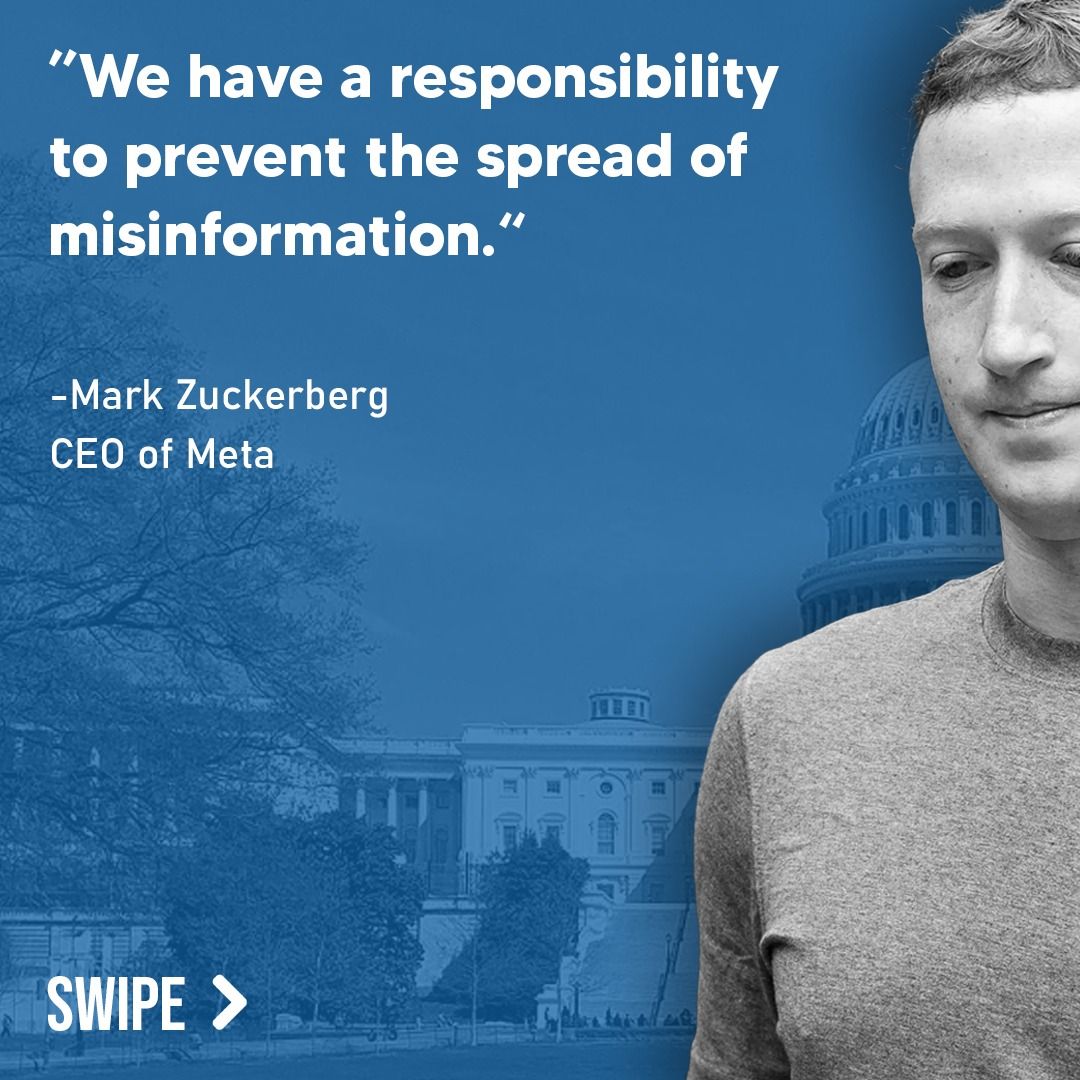
Why This Article Was Flagged
A widely shared CNN article reported on the release of Columbia University student Mohsen Mahdawi, who was detained by federal agents during a naturalization appointment. The article alleges that Mahdawi was targeted for his Palestinian activism, raising public concern that his detention was politically motivated. Users are questioning whether the government’s cited “foreign policy consequences” are a credible legal basis—or a strategic cover to suppress dissent. We investigated the facts to clarify what’s true, what’s missing, and what readers should know.
Historical Background for Context
Tensions surrounding student activism, Palestine-Israel advocacy, and immigration enforcement have increased in U.S. politics across both parties. During Donald Trump’s previous presidency, his administration enacted several immigration crackdowns—targeting specific groups like undocumented youth, refugees from Muslim-majority countries, and international students. Mahdawi’s detention comes amid a larger wave of student protests condemning the Israeli campaign in Gaza, and a growing debate over how far the U.S. government can go in detaining immigrants viewed as controversial.

Claim #1: Mahdawi was detained for “foreign policy reasons” connected to his activism
The article states that Homeland Security investigators detained Mahdawi citing that his presence “would have serious adverse foreign policy consequences.” This language appears in court documents, according to CNN. The clause itself is part of 8 USC § 1227 (a)(4)(C), a rarely-used section of immigration law allowing removal for foreign policy threats—though it requires high-level approval (often by the Secretary of State or Attorney General).
Based on publicly available legal filings (Mahdawi v. Garland, No. 5:25-cv-114), the use of this provision is confirmed. However, experts, including national security law scholars like David Cole, have criticized the clause as overly broad and historically used infrequently, notably against foreign nationals with alleged connections to state-sponsored terrorism. Mahdawi’s legal team claims there is no evidence of such connection. No proof has been presented publicly that Mahdawi posed a credible foreign policy threat.
Verdict: Lacks substantiated evidence. The “foreign policy” rationale was real but unproven in this case. It remains legally questionable and possibly overreaching.
Claim #2: Mahdawi passed his naturalization test and was granted citizenship before being detained
The article reports that Mahdawi “passed his naturalization test and subsequently was administered the oath,” only to be detained afterward by Homeland Security Investigations (HSI). According to a federal court affidavit reviewed by multiple outlets (including the Associated Press), it is accurate that Mahdawi completed the citizenship oath.
This raises legal complexity, as once an individual takes the oath, they are, by law, a U.S. citizen unless formal proceedings revoke it. However, immigration attorneys note that HSI may have acted within a narrow pre-oath window if procedural delays postponed official citizenship registration. Regardless, government authorities have not publicly disputed that Mahdawi took the oath.
Verdict: Credible and corroborated. Mahdawi’s attorneys and court documents confirm he was naturalized just before the detention.

Claim #3: Mahdawi was involved in a 2015 gun-related incident with antisemitic comments
The article references a 2015 police incident in Vermont where a gun shop owner reported Mahdawi for inquiring about automatic weapons and allegedly making antisemitic remarks. Court documents detail that the FBI opened and later closed the investigation, finding “no charges or unfavorable action.”
Based on VT court records and FBI documentation included in the federal habeas corpus case, the investigation indeed occurred. However, the outcome confirms no criminal behavior was found, and Mahdawi was neither charged nor placed under official restriction. The original claim came from an unnamed third party quoting alleged remarks.
Verdict: Factually reported but lacks prosecutorial weight. The incident did happen but resulted in zero legal findings or disciplinary actions—making it a questionable basis for immigration removal.

Claim #4: Mahdawi is one of several international students detained by the Trump administration
CNN states that “Mahdawi is among the first non-US citizen student activists detained by the Trump administration in recent months.” This aligns with reports from the American Immigration Council and Human Rights Watch, which have documented recent ICER detentions and visa denials disproportionately affecting Palestinian and Muslim student activists in early 2025.
Internal memos from DHS obtained by The Intercept also revealed a temporary policy shift elevating scrutiny on international students involved in “unauthorized protests at U.S. universities.” Mahdawi’s case and that of his colleague Mahmoud Khalil form part of this pattern. While not officially stated as Trump administration policy, the correlation is confirmed by NGO tracking.
Verdict: Largely accurate. Detentions of international student activists have increased under Trump’s resumed presidency, with Mahdawi being a prominent example.
Final Assessment and Verdict
CNN’s article presents mostly accurate information but includes limited context surrounding the legal technicalities of Mahdawi’s detention. The reporting is factual, except when implying that “foreign policy justification” was entirely fabricated — a claim not provable without internal DHS or State Department communications. Still, the use of the rarely-invoked foreign policy removal clause raises legitimate civil liberties concerns. No misinformation was detected, but the framing leans toward advocacy rather than neutral clarity. The strongest claims—the naturalization, the 2015 incident’s lack of charges, and the trend of student detentions—are verifiable. Readers should view the foreign policy angle with healthy scrutiny given the absence of hard national security evidence.

Help Uncover the Truth
DBUNK empowers readers to uncover fact-based reporting and debunk misleading claims. Download the DBUNK app today or follow us on social media to stay ahead of misinformation and hold power to account.
Read the Original Article
Visit the original CNN article

